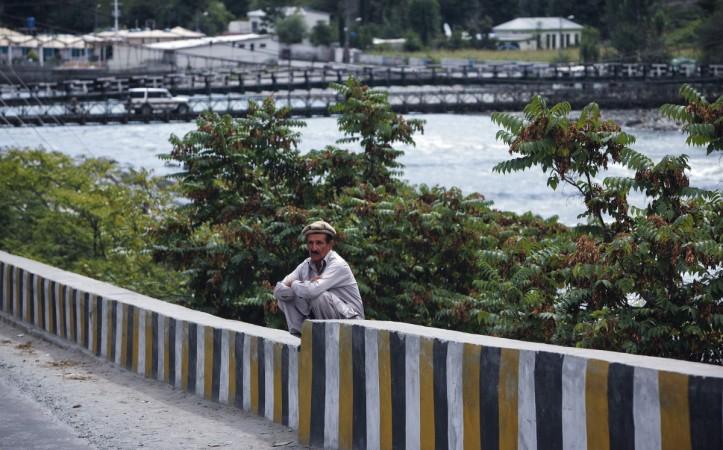
An Indian delegation consisting of nine members will travel to Pakistan on Sunday (March 19) to attend the 113th Permanent Indus Commission meeting which will be held in Islamabad from Monday (March 20). Reports suggest that the neighbouring country had invited India to resolve differences related to the Indus Waters Treaty.
Both countries are expected to discuss their issues with five hydroelectric projects during the meeting, which will be a two-day affair. The key problem from the Indian side would be to resolve differences over the Kishenganga and Ratle hydro power projects that are being constructed on the Jhelum and Chenab rivers, respectively. Pakistan has been opposing both projects saying that they violate the provisions of the treaty. Conflict increased when Prime Minister Narendra Modi threatened to block the flow of water into Pakistan. However, India has maintained that it never reduced the water flow to Pakistan.
Pakistan has firmly stated that changes or altercations to the tTreaty would not be accepted. India had earlier said that it was ready to engage in further discussions in the neighbouring country over resolving the current differences over the two hydro power projects under the treaty, ANI reported. However, Pakistan has argued that India was buying time to complete both projects and when they were completed, India insisted that it could not be modified.
The Nawaz Sharif-led government of Pakistan has consistently objected to the design of the Kishenganga project (330-MW) saying that the construction of the plant would lead to a 40 per cent reduction in the water that flows into the country, thereby violating the provisions of the treaty. India has, however, denied the charges. As far as the Ratle power plant project (850-MW) is concerned, Pakistan wants India to reduce the planned storage capacity of the project from 24 million cubic metres to eight million cubic metres. It also wants india to reduce the height of the dams.
The Pakistani side is expected to raise issues related to three dams — Pakuldul (1000 MW) on Chenab, Miyar (120 MW) located across Miyar Nalla, a right bank main tributary of the Chenab River, and Lower Kalnai hydro project (43 MW), a tributary of Chenab. Both India and Pakistan seem to have left it to the experts to resolve technical issues related to water-sharing.
The Permanent Indus Commission is a bilateral commission comprising Indian and Pakistani officials who have been given the task to implement and manage goals of the Indus Waters Treaty of 1960. The Commission, which includes Indus commissioners from both countries who have met 112 times since 1960, discusses technical issues related to the implementation of the treaty.
The World Bank, which had brokered the treaty, had previously asked both countries to consider alternative ways to resolve their differences over the matter and had also temporarily halted India's request to appoint a neutral expert as well as Pakistan's request to appoint a chairman of the Court of Arbitration to resolve differences over the two hydroelectric power plants, which are under construction by India along the Indus Rivers system.
The Indus Waters Treaty, which was signed by the then Indian prime minister Jawaharlal Nehru and Pakistani president Ayub Khan, gives the Indian side control over the three eastern rivers of the Indus basin — Beas, Ravi and Sutlej, while Pakistan has control over the three western rivers — Indus, Chenab and Jhelum. The treaty gives India the right to use only 20 per cent of the total water carried by the Indus River.









